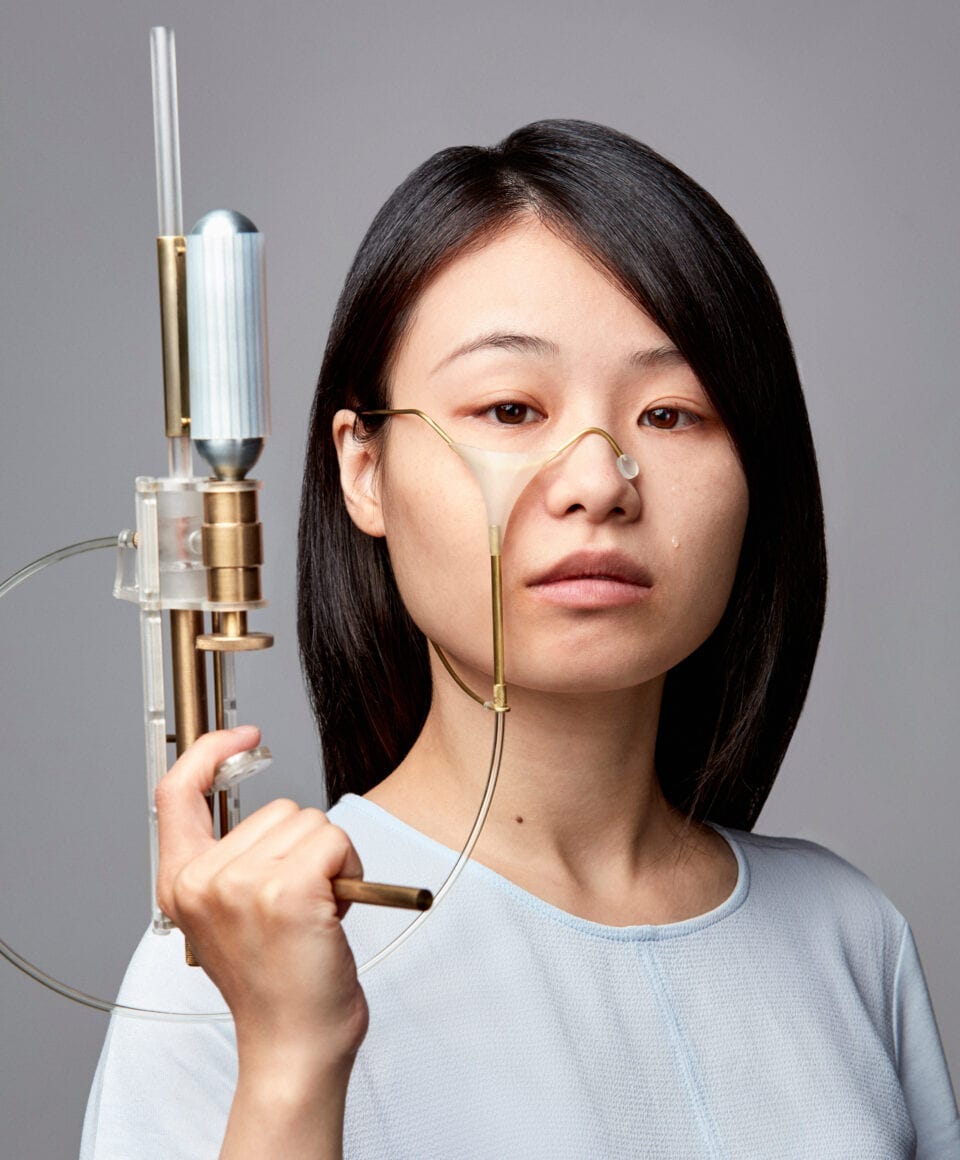Newsletter: Experts may matter after all
From experts on COVID to connected bodies and Zebra fish
The regular round-up of topical marketing, policy and societal topics with a behavioural science lens
Experts
With scientific expertise being central to the global COVID-19 response, this perhaps means that the days when we have apparently ‘had enough of experts’ may be waning. Tamara Ansons and I found that 67% of people think that scientific experts agree on the need to wear masks to prevent the spread of COVID-19. Consistent with the Gateway Beliefs Model, those who felt experts agreed on the use of face masks, an impressive 82% reported they were sure in their own opinion about mask wearing. In contrast, of those who did not consider there was scientific consensus, only 55% felt sure in their opinion on mask wearing. While this is correlation not causation, what experts say does seem to matter.
COVID behaviours
This article contains some very interesting points about face masks and the ways we are “connected with one another more deeply and intricately than we often imagine... COVID-19 has underlined how our bodily actions and movements, even everyday ones, can directly impact others in ways we may not have previously imagined.…the collective aspects of our social lives are illuminated in new ways.”
We have also been conducting research across 27 markets on the psychology of re-engagement (or ‘resuming normal life’) and ‘maintaining protective behaviour’. We found that in order to encourage comfort with re-engagement, the best strategy is to offer what amounts to quite functional support, specifically:
Management of outcome expectations (help people understand the risk and understand how to manage them)
Self-efficacy (help people feel confident about managing risk)
Routines (help people develop new patterns of behaviour)
Appeals to emotion or personal motivations are more likely to be helpful to encourage the maintenance of protective behaviour, and less likely to be useful for re-engagement.

Pic of the week: Taiwanese artist Yi Fei Chen transforms weakness into strength with the playful Tear Gun (see Reads and Views below)
Connected Life
There has been a couple of new launches on connected products recently including this smart toothbrush by Colgate, Fitbit’s new Sense smartwatch to help you manage stress as well as the Halo Band by Amazon. While for many these are certainly attractive and interesting, there are also questions about the degree to which consumers will necessarily trust this type of technology. A couple of articles on clothing and insurance cropped up that are great reads and outline much of the battleground.
On this, we are working with Nottingham University’s Trustworthy Autonomous Systems (TAS) Hub. The TAS hub will establish a collaborative platform for the UK to deliver world-leading best practices for the design, regulation and operation of ‘socially beneficial’ autonomous systems which are both trustworthy in principle, and trusted in practice by individuals, society and government.
“95% of purchasing decisions take place in the subconscious” Really?
I saw this referenced recently and the citation is a quote by “Harvard Business School professor Gerald Zaltman”. As far as I can see, there is questionable empirical support for this blunt assertion. Indeed, there are all sorts of logical errors in the thinking as Julian Bagginini points out “mistake of thinking that what is crucial is the mere quantity of a particular factor, rather than its quality. For example, humans share 85 per cent of our DNA with zebra fish. But that 15 per cent difference is absolutely critical.”
Reads and views
Angela Saini questions the way in which people seem to be invested in finding difference in gender and ethnicity. This article points out the way we tend to overlook evidence that contradicts our views and ways we can address this.
As we are seeing an explosion in self-tracking devices, this is a great looking exhibition (see above pic) on the ways in which human bodies are merging with tech.

